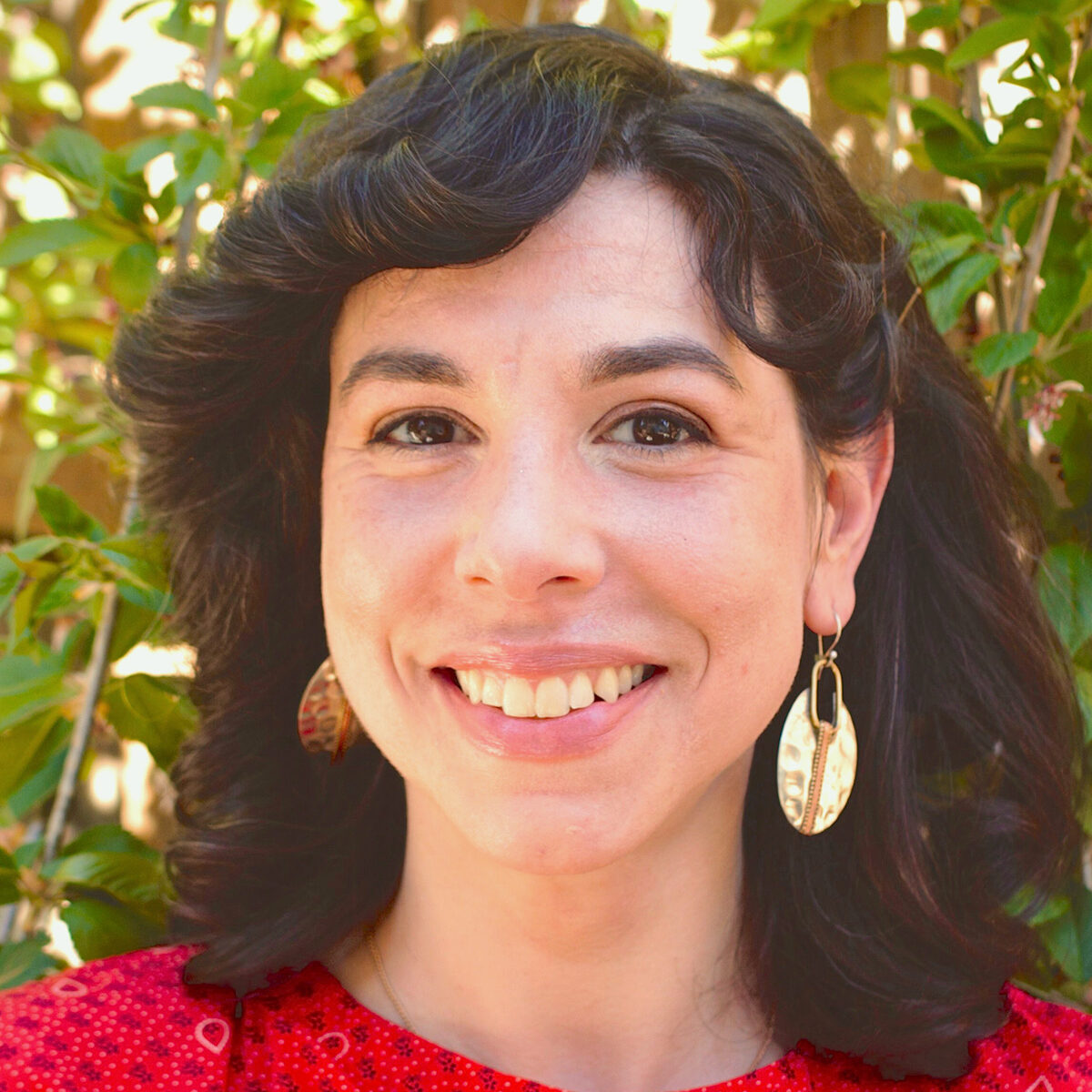Program Overview
Humanity is multifaceted and complex. The human experience is shaped by biology, culture, history, and language. Anthropologists study what it means to be human, drawing on a wide range of approaches from the humanistic to the scientific. They examine such topics as historical and material artifacts, language and culture, and biology and evolution.
Through the Anthropology Master’s Degree Program, you’ll learn to leverage interdisciplinary insights to solve problems in an increasingly interconnected world. You’ll develop competence in cross-cultural understanding, with applications in fields ranging from advertising to medicine. In the program, you’ll:
- Build a foundation in anthropological theories and social science methods, including opportunities to explore archaeological, ethnographic, evolutionary, and linguistic approaches to the study of societies past and present.
- Deepen your understanding of how culture shapes shared patterns of belief and behavior.
- Enhance your understanding of similarities and differences across cultures, including their origins and development.
- Research important topics including ideology, folklore, religion, gender, medicine, technology, media, race, politics, law, land use, ethnic conflict, and environmental crisis.
- Graduate with a Harvard University degree: the Master of Liberal Arts (ALM) in Extension Studies in the field of Anthropology.
Courses
As you work through the 12-course program, you’ll have the opportunity to examine topics focused on identity and social justice. You can further customize your studies by selecting either a thesis or capstone track or choosing electives that align with your interests. Many of our online anthropology courses focus on identity and social justice, making it an ideal option for professionals in the fields of education, community development, public service, public health, NGOs, and management.
Example Courses
- Proseminar: Introduction to Graduate Studies in Anthropology and Psychology
- Archaeology of the African Holocene
- Histories and Ethnographies of Capitalism
- Moctezuma’s Mexico Then and Now: Ancient Empire, Race Mixture, and Finding LatinX
- Understanding Race and Racism
- We Are One: An Anthropological Introduction to Contemporary Spiritualities
- The Opioid Epidemic
You’ll join faculty and peers for the on-campus course Engaging in Scholarly Conversation. See course spotlight.
Stackable Certificate
As you work toward your master’s degree, you can take courses that also count — or “stack” — toward a Social Justice Graduate Certificate. It’s a cost-effective, time-saving opportunity to build specialized skills and earn a second professional credential.
Admissions
The path to your degree begins before you apply to the program. You’ll earn your way in through our performance-based admissions, completing coursework for admission and earning credits toward your degree right away.
Next Start Term
You can enroll in your first admission course this summer or fall.
Course registration opens March 3 for summer and in mid-July for fall.
Featured Faculty
Our anthropology instructors bring a genuine passion for teaching, with students giving our faculty an average rating of 4.7 out of 5.
Carla D. Martin
Lecturer on African and African American Studies, Harvard University
Richard Joseph Martin
Lecturer in Extension, Harvard University
David Carrasco
Neil L. Rudenstine Professor for the Study of Latin America, Harvard University
Peter Manuelian
Barbara Bell Professor of Egyptology, Harvard University
Career Opportunities & Alumni Outcomes
With their knowledge of history, people, and places, our anthropology alumni have gone on to top PhD programs, including at Harvard University, Brown University, Brandeis University, and Simmons College.
They are currently working in the fields of education, engineering, financial services, forensic science, museums, research, and writing and publishing.
Program Benefits
Experience a rigorous curriculum. 94% of recent graduates would recommend the program.
Access career advising and other services through Harvard’s Mignone Center for Career Success.
Complete an in-depth thesis or capstone project.
Pursue paid research opportunities through the Faculty Aide Program.
Become a member of the worldwide Harvard Alumni Association (400,000+ members) and Harvard Extension Alumni Association (29,000+ members).

